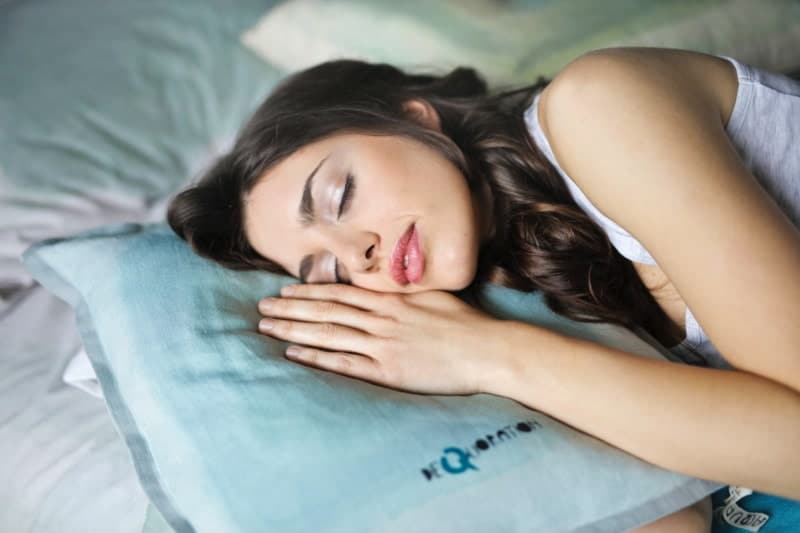
It is normal to go to the toilet at night once or twice, especially as you get older. If you find yourself waking up more than 2 times at night to pass urine, you may have nocturia.
There are many causes of nocturia, which include:
Nocturia is a common and long-term condition, especially in women of older age.
You should consult a urogynaecologist, who is a gynaecologist specialising in female urinary disorders. Your doctor will take a detailed medical history and perform a pelvic examination to check for any pelvic organ prolapse and pelvic floor muscle tone.
Depending on your symptoms, you may require an ultrasound to check your uterus and ovaries, urine tests, bladder scan (to check the amount of urine remaining in your bladder after you have passed urine), and/or urodynamic study (this is a test to check for your bladder function and bladder muscle stability).
You may not be fully cured because this is a long-term condition, but there are many good ways to keep your symptoms under control so that your life does not revolve around your bladder.
The first line treatment is lifestyle changes, which are sometimes sufficient to improve your symptoms significantly. You will need to fill a bladder diary to keep track of your symptoms. These include:
For older women, it may help to sleep in a room with an attached toilet, or a commode if mobility is poor. Make sure that the route to the toilet can be well-lit and clear of obstacles to reduce the risk of falls.
If conservative treatments do not work, medications are usually prescribed in addition to the lifestyle changes above. These relax your bladder muscle and allow you to increase the intervals that you need to pass urine. The medications take some time to work so you will have to take them for at least a few months to see the full results. Side effects include giddiness (so you should take them just before going to bed), dry eyes, dry mouth, dry skin and constipation. You may have to try different drugs before finding one that suits you. There are certain medical conditions that may make you unsuitable to take these medications – do check with your urogynaecologist.